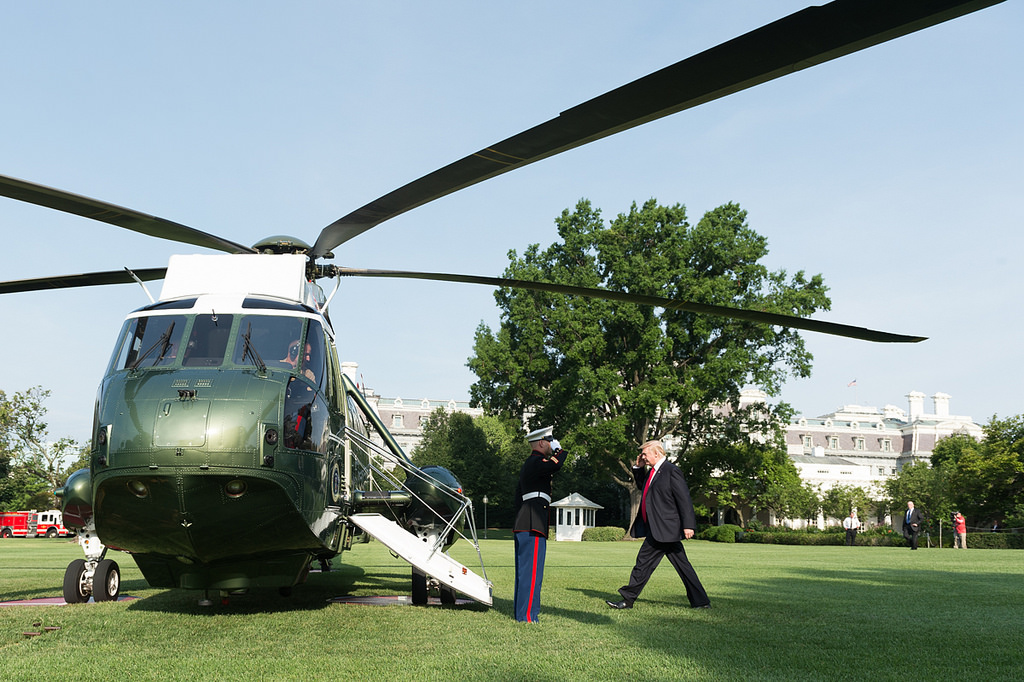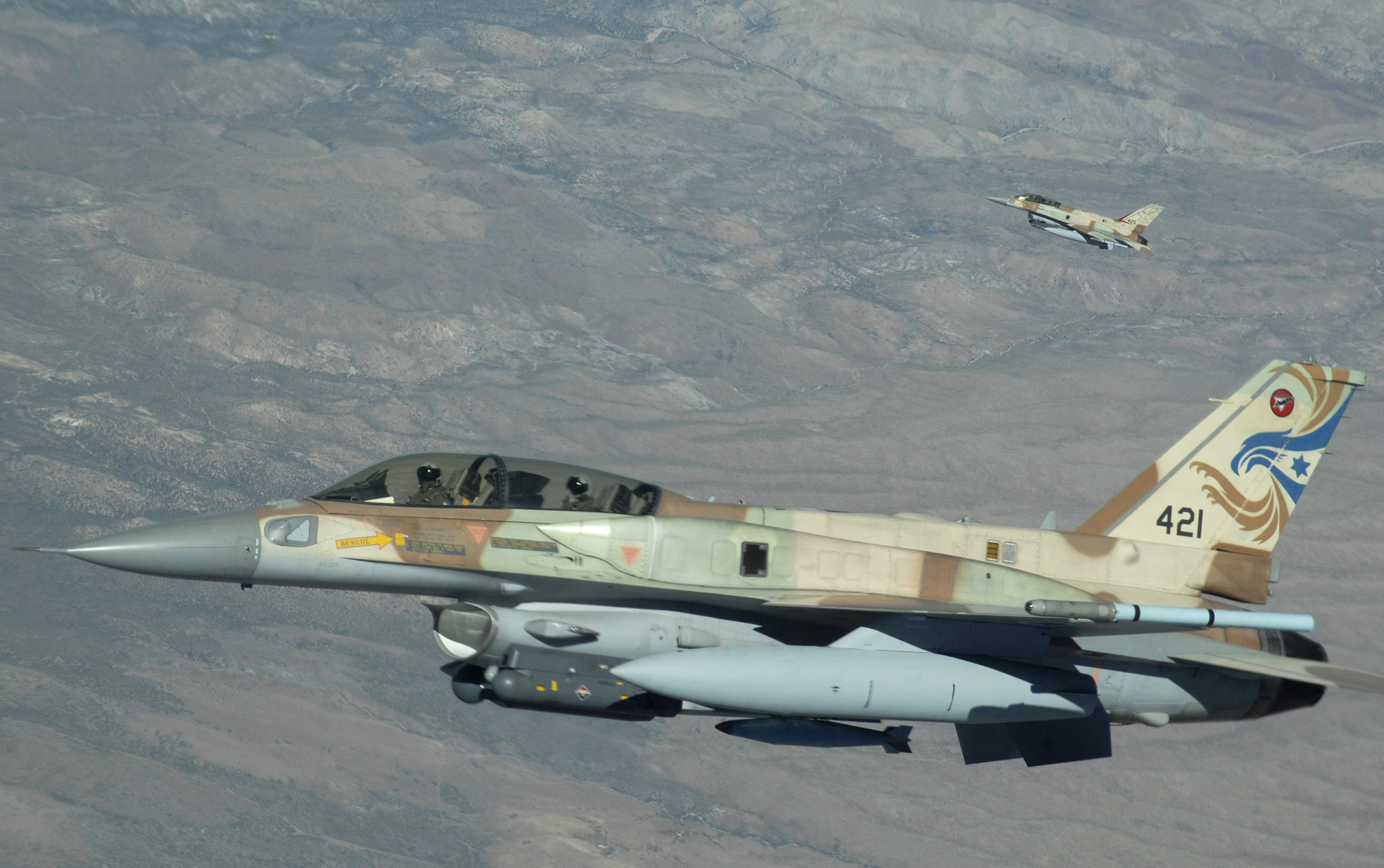Guest post by Niklas Karlén.
The Washington Post recently reported that President Trump has decided to end the covert CIA program to arm anti-Assad rebels in Syria. The decision was supposedly made about a month ago in a meeting with CIA Director Mike Pompeo and National Security Adviser H.R. McMaster. The clandestine operation, codename Timber Syracuse, was authorized by President Obama in 2013 and has existed in parallel to the Syrian ‘train-and-equip’ program led by the Department of Defense.
The decision to end the CIA program is seen by many as controversial, especially given Russia’s opposition to the rebels and Moscow’s unwavering support for the Syrian regime. Having taken place just before the meeting with President Putin at the G-20 summit in Germany, several observers labeled the move as Russian appeasement. One analyst described the decision as a “strategic mistake” since support for the rebels served to put pressure on the Syrian regime as well as Iran and Russia. Another analyst commented that the decision to cut off aid was likely to empower more radical groups inside Syria and that it was likely to damage the credibility of the United States.
Despite the criticism raised, the decision to terminate support might not have been such a bad move after all. In fact, it might be wise. State support to rebels often fails to produce the intended policy outcomes. The main findings from a still-classified internal review by the CIA, commissioned by the Obama administration, concluded that attempts to arm foreign forces covertly often have a minimal impact on the long-term outcome of conflict. Referring to the report, Obama said in an interview that he “actually asked the CIA to analyze examples of America financing and supplying arms to an insurgency in a country that actually worked out well and they couldn’t come up with much”.
More importantly, global research on the effects of state support to rebels has shown that military aid tends to have a number of adverse effects on armed conflicts. First, the provision of external support makes civil wars longer. When both parties receive support, a balance of power emerges in which neither party is capable of successfully bringing the conflict to an end. As resources are plentiful, the parties never reach a stalemate that could be conducive for negotiations.
Second, conflicts with external supporters are less likely to end in a negotiated settlement. The difficulties associated with achieving a negotiated settlement increases as the number of potential veto players to an agreement increases. The bargaining environment becomes increasingly complex when more actors have a stake in the negotiations. External state supporters can enter with completely different agendas and expand the number of disagreements that need to be managed. In addition, fungible resources such as money or arms might serve to further increase uncertainty about the parties’ capabilities and create barriers for successful conflict resolution.
Third, external support tends to make civil wars more deadly. Conflict-related fatalities increase when interveners side with the warring parties. Rebels with access to external support also become more likely to target civilians. Resources provided by state sponsors reduce the incentives to win hearts and minds as there is no longer a need to rely on the local population for resources that could help sustain the fighting. Moreover, there is a risk that support for rebel organizations can trigger the direct use of force between states. The unintended consequences of backing rebels even extend beyond the cessation of violence, as support negatively affects democratization trajectories and threatens post-conflict stability.
Given the many negative consequences identified by research on state support to rebels, it is thus sensible for the United States to limit its involvement in Syria. In the long run, Trump’s decision might actually be a good thing.
Niklas Karlén is a PhD Candidate in the Department of Peace and Conflict Research at Uppsala University, Sweden. His research focuses on external support in civil wars, in particular why states initiate and terminate material support to rebel groups and how these decisions in turn influence conflict dynamics.







4 comments
A good move for the sake of peace. Hopefully Syria’s democratic trajectory after the war will not mirror Libya’s.
Very good compact summary of conflict resolution regarding syria.
Wouldn’t the Salehyan, Siroky, and Wood article you link to imply the exact opposite of your argument here? Either the United States acted as the sole funder of a particular group in which case, it would make no difference as groups funded entirely by a democratic country do not act any differently than those who have no outside support at all. Or they were jointly funding the group along with some combination of either Saudi Arabia, Qatar, Turkey, or Jordan- in which case the withdrawal of the US greatly increases the probability that the rebels will engage in violence against civilians?